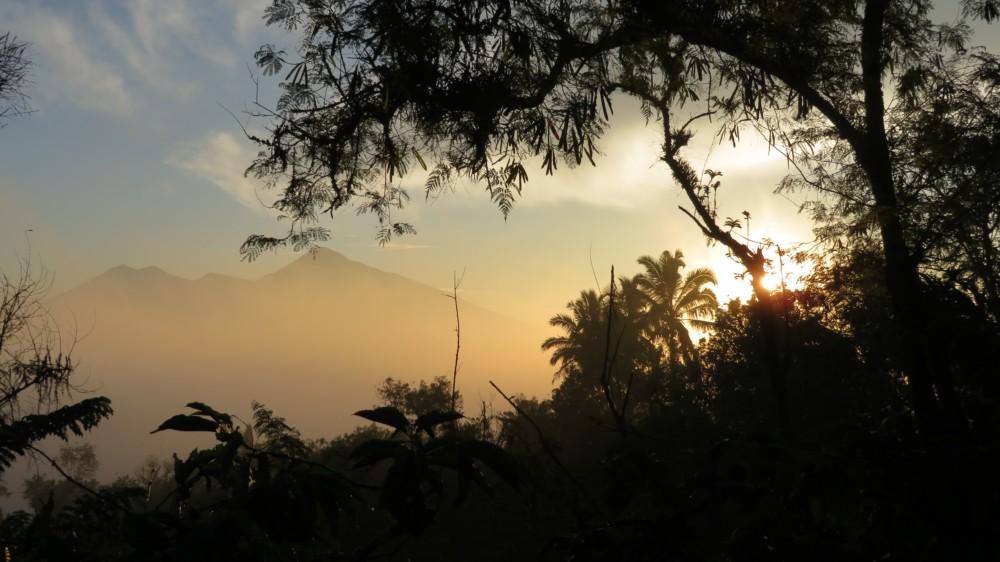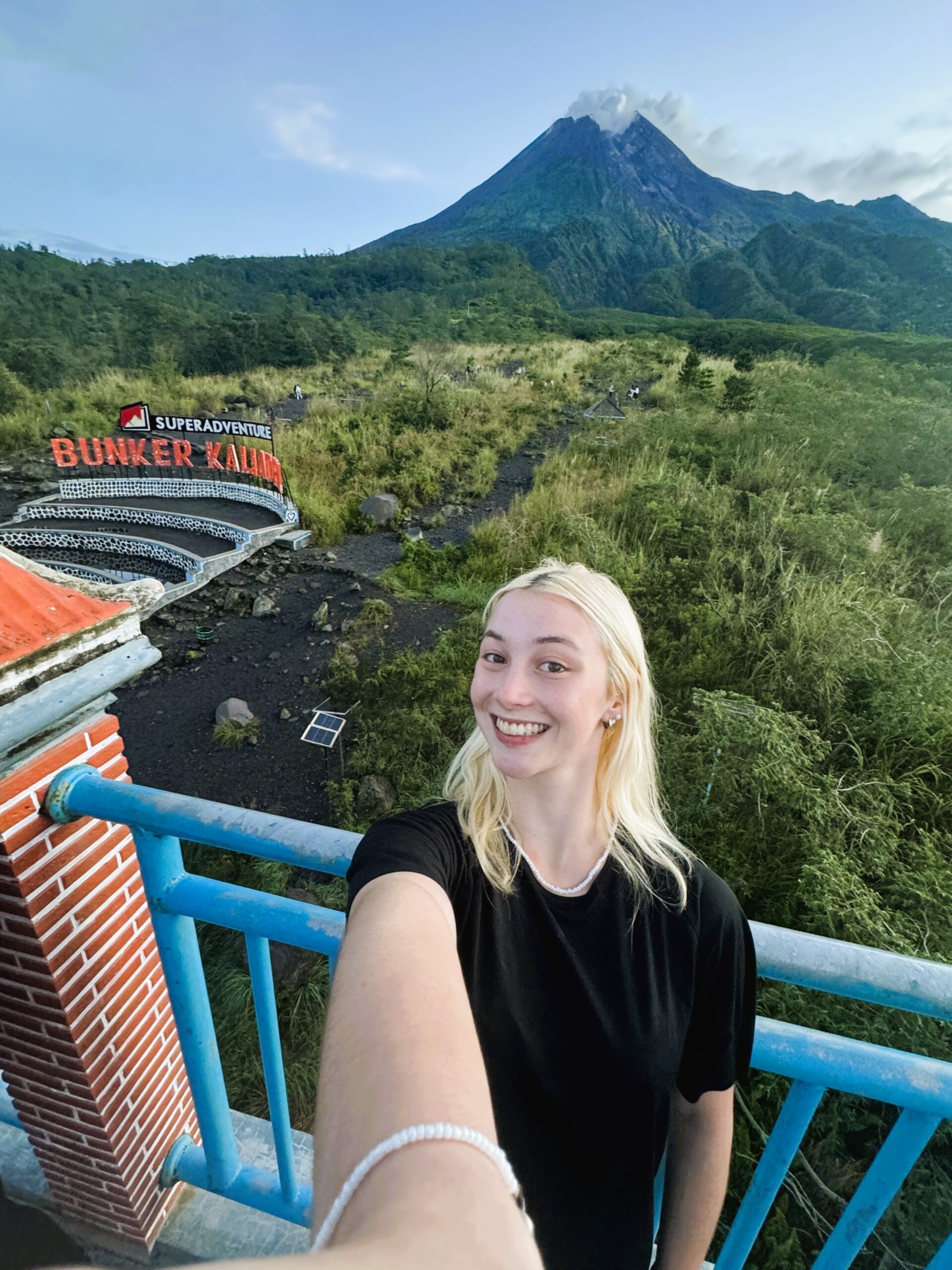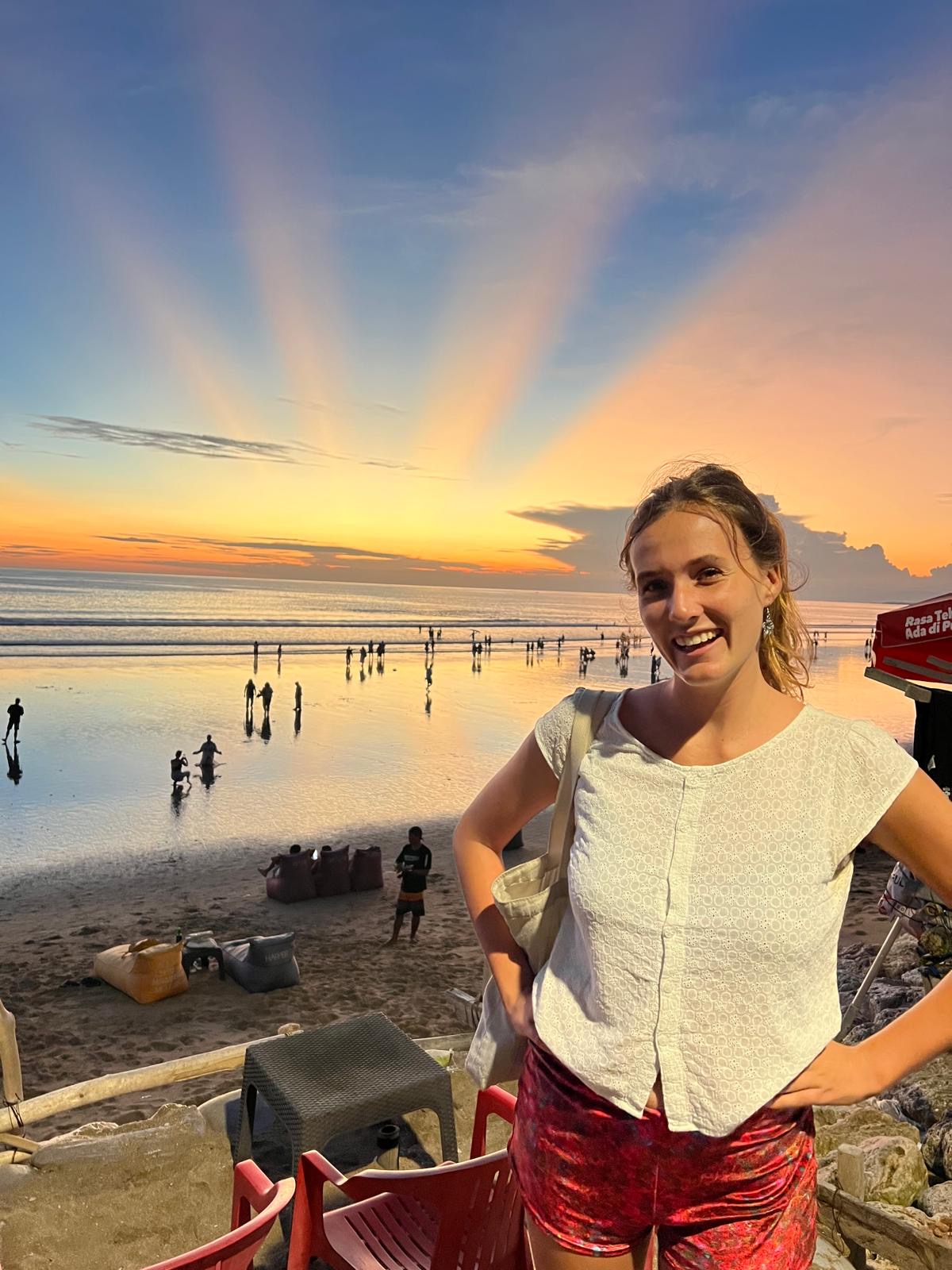From the moment I stepped off the plane in Bali in 2014 I knew I loved it, so joining the Sustainable Tourism Practicum Program with Acicis was a great way for me to get to know more about Bali. My knowledge of Bali was from a tourist perspective and I wanted to know Bali differently. This meant staying outside of the tourist areas, attending Udayana University and working at a local office during my internship. While attending the university lectures and working at my internship I learnt so much more about the culture and history of Bali and how wonderful the people are. I undertook a research field trip to a remote village and spent four nights at a homestay within the village. I also stayed in a suburban area and saw where the locals live. During our program orientation we met our liaison officers who were available to help us find accommodation.
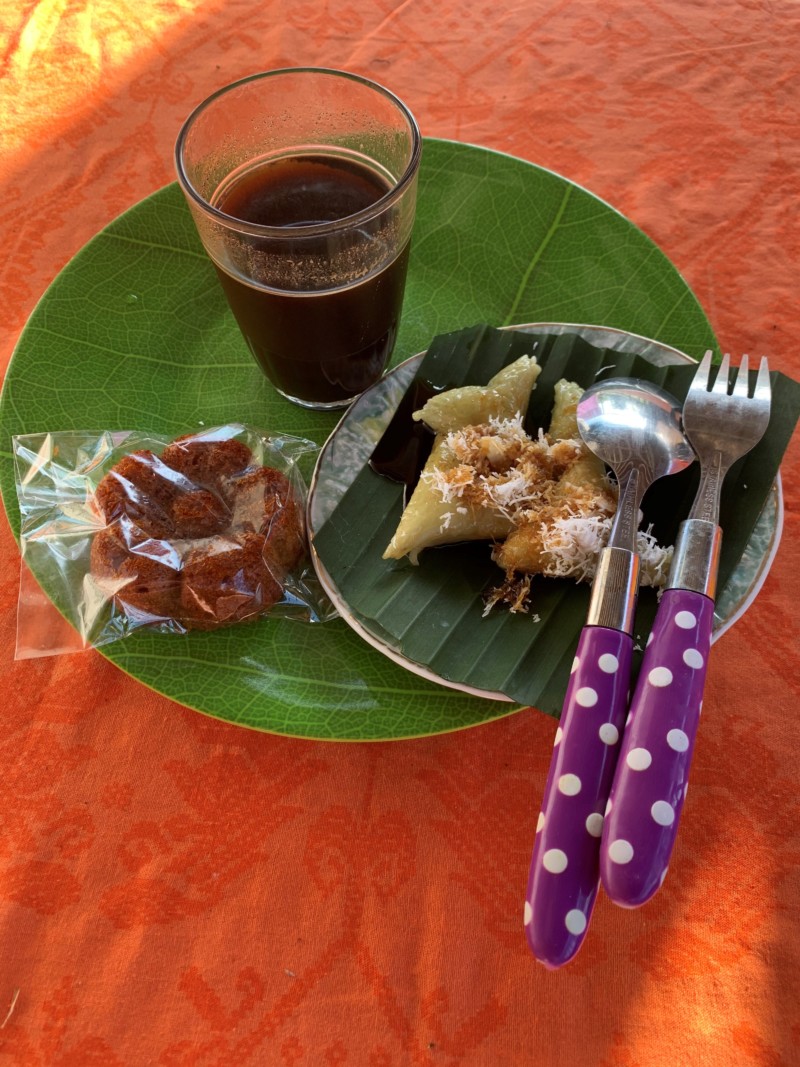
Accommodation
Many Indonesians work away from home and stay in the suburb outside of tourist areas in basic kos rooms. You can also rent an apartment or a room in a villa, it just depends on your budget, where you want to stay and what types of facilities you prefer while on the practicum.
For me, finding accommodation was a little perplexing at times. I looked and compared many places on different accommodation websites and there were three occasions where I spent time visiting and looking at rooms. Two of those times I was by myself and as I had learnt some Indonesian during the practicum orientation, I knew enough to ask to see a room and the price before I booked. Doing the leg work helped as I found good, clean accommodation that was often cheaper than a hotel and I also received a discount as I didn’t book online.
My top tips for booking at accommodation:
- Do some research on the available options.
- Don’t be afraid to ask your liaison officer for help in finding a room.
- I decided what I wanted ahead of time, e.g. shared kitchen, pool, etc.
- Start looking at rooms in the morning. It gets hot in the afternoon when travelling from place to place looking at rooms.
- Avoid booking online. I gained a cheaper price by approaching the staff directly and I also negotiated a cheaper the price because I was staying for a long period of time.
For the final two weeks of my internship, I found a new hotel which had a small pool and a shared kitchen and was surrounded by residences and wood working businesses. The room contained a desk and armchair and there was a small sitting area outside of the room. It was very comfortable. I stayed in a neighbourhood where kids played in the street, dogs and cats roamed safely, there was a laundry nearby, an Indomart or Circle K wasn’t far away if I wanted to walk to a shop for water and snacks and it was next door to a cafe. With the local availability of facilities there were days when I didn’t require transport.
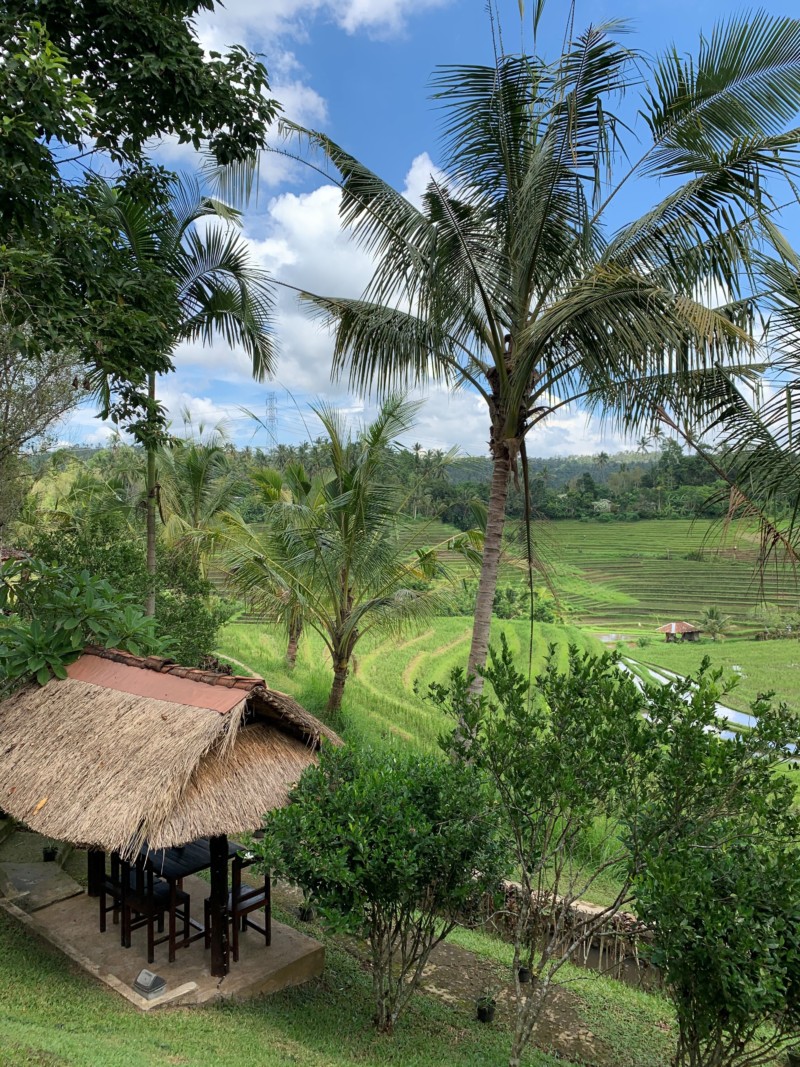
Transportation
As I had visited Bali numerous times, I was aware of the hectic nature of Bali traffic and that scooters are the dominant form of transport. Prior to the STPP I visited the website of the RAC in my state and applied for an International Drivers Licence. I also hired and drove a scooter during a holiday to Bali prior to the program so I felt confident about possibly hiring a scooter during the program.
During the STPP I discovered that the transport options are cheap so I was able to use these for most of my trips. Indonesians rarely walk anywhere and footpaths are often non-existent so they are happy to drive you even short distances. After my field trip (where I was transported by scooter within the village) I decided to use scooter taxi for transport. The scooter drivers carry helmets and I felt safe on the back of a bike. It was very cheap to go places and scooters can often be a little faster. I added my debit card to an app so all transport was charged to my card. After each journey I rated and tipped the driver on the app. I downloaded the apps before I left Australia and often compared prices between them. I didn’t end up hiring a scooter as I found that a couple of trips on a bike or car per day was cheaper than hiring a scooter for that day.
Overall, I thoroughly enjoyed the program and would recommend it to anyone. I felt fully supported throughout the practicum and it was well planned. It was great to meet the fantastic coordinators, fellow Australian students, the Udayana University volunteer Liaison Officers and the lovely staff at my internship. It is programs like these that help you form lasting bonds and help build the relationship between Australia and Indonesia.
Leona Longden is a New Colombo Plan Mobility Grant recipient from Murdoch University. Leona participated in the 2020 Sustainable Tourism Professional Practicum in Bali, Indonesia, where she interned with Jaringan Ekowisata Desa (JED). Throughout the practicum, Leona was an Acicis Social Media Ambassador, tasked and trusted with using social media to facilitate meaningful discussions about life, study and travel in Indonesia. Here is Leona’s story…
